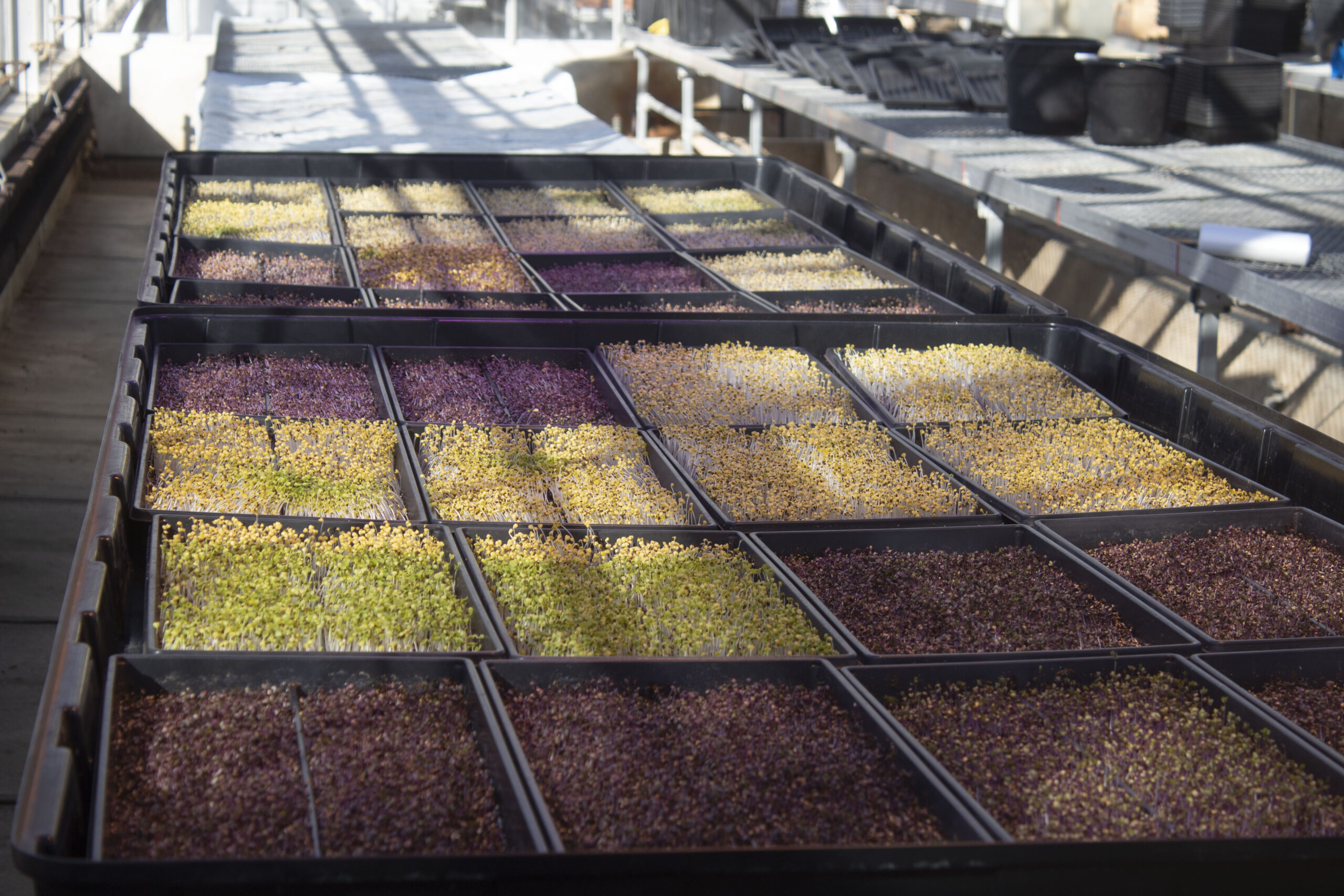Virtual master gardener program workshop plants a seed of knowledge in students. PHOTO CREDIT: Hannah Charron | Staff Photographer
Spring has sprung at the University of Rhode Island as the Master Gardener Program held its fifth virtual workshop on gardening and food justice in collaboration with the Providence Community Library and the Brown University Superfund Research Center.
The three groups will be hosting a series of webinars about food sovereignty and urban gardening throughout the month of March. Initiatives of BIPOC educators and farmers will also be underscored throughout these events.
Susan Scottie, a master gardener at URI, spoke online about the sowing and seeding of vegetable gardens during the event entitled “Outdoor Seed Starting & Transplanting”. Her expertise in seed starting and vegetable growth offered knowledge to prospective gardeners and masters alike.
Scottie recommended acute preparation and planning of a garden before execution. She said that the arrangement of a vegetable garden will greatly depend on the space at hand, considering how these plants require direct sunlight, protection from winds and well drained soil to survive.
“You can figure out in your garden plan what sort of things you are going to do to have as much success as possible,” Scottie said.
Vegetables prefer a neutral pH soil level, which can be determined through free contactless pH testing at the URI Master Gardener Program.
According to Scottie, additional soil tests for nutrients and other earthly elements are available at the University of Connecticut and the University of Massachusetts, Amherst.
The geographical location of a garden is a large determinant of how and when to plant. URI’s Cooperative Extension provided a virtual planting calendar for fruits and vegetables specific to the needs of Rhode Island gardens.
Scottie said that understanding temperature trends and frost dates in RI is important to ensure a healthy harvest.
“Timing is really critical,” she said. “Dates are average, so you need to watch the weather and see what’s going on, and keep an eye on what your soil temperature is.”
In Rhode Island, night temperatures should be above 50 degrees before transplanting vegetables to the outdoors, according to Scottie. Individuals located in different areas should follow local planting calendars for their unique needs.
Scottie emphasized the importance of the human relationship to nature. She said that gardeners should not “fuss” with their plants daily, but should visit their garden to watch its progress and enjoy nature’s benefits.
“Let it be a haven for you, and let it be a haven for animals,” she said. “Our connection to nature is just a wonderful thing, and it’s great to see how [plants] grow. It’s really amazing.”
Event attendees were able to watch Scottie demonstrate the basics of planting seeds indoors as she used everyday household items to simplify the process. Objects such as Keurig cups and soda bottles can be used as some of the best beginning planters, according to Scottie’s demo.
Many vegetables require being sown directly into outdoor soil rather than being transplanted, Scottie explained. Corn, sunflowers and squash, for instance, might require different planting techniques.
Scottie said that regardless of what is being planted, the seed packet should always be read and followed thoroughly.
In addition to this event, Scottie and other URI master gardeners will continue hosting virtual workshops which are open for free registration to the public. Recordings of these events can be found on the Providence Community Library YouTube channel.
Aimee Fontaine, Library Supervisor of the Rochambeau Library in Providence, said that further information for amature gardeners is readily available.
“All of your local libraries have lots of good resources on gardening, companion gardening, ways to keep out insects and pests, so check that out,” Fontaine said.
Whether you are a cultivated gardener or still a seedling in the field, turn to Scottie and the rest of URI’s professionals for more information on gardening and food justice.





